PHP and IOP Programs: Tailored Support for Your Recovery Journey
Partial Hospitalization (PHP) and Intensive Outpatient Programs (IOP) offer structured, flexible care for individuals seeking recovery from addiction and mental health challenges.

Content:
What to Expect in PHP
Clients engage in six hours of group therapy daily, with individual therapy and case management.
The Benefits of IOP
designed for those transitioning from PHP or needing flexible care, IOP provides therapy sessions three to five days a week.
Why Choose Kingdom Recovery Center
Our programs are tailored to individual needs, fostering healing and growth.
Conclusion:
With PHP and IOP, clients receive the care they need while maintaining balance in their daily lives.
